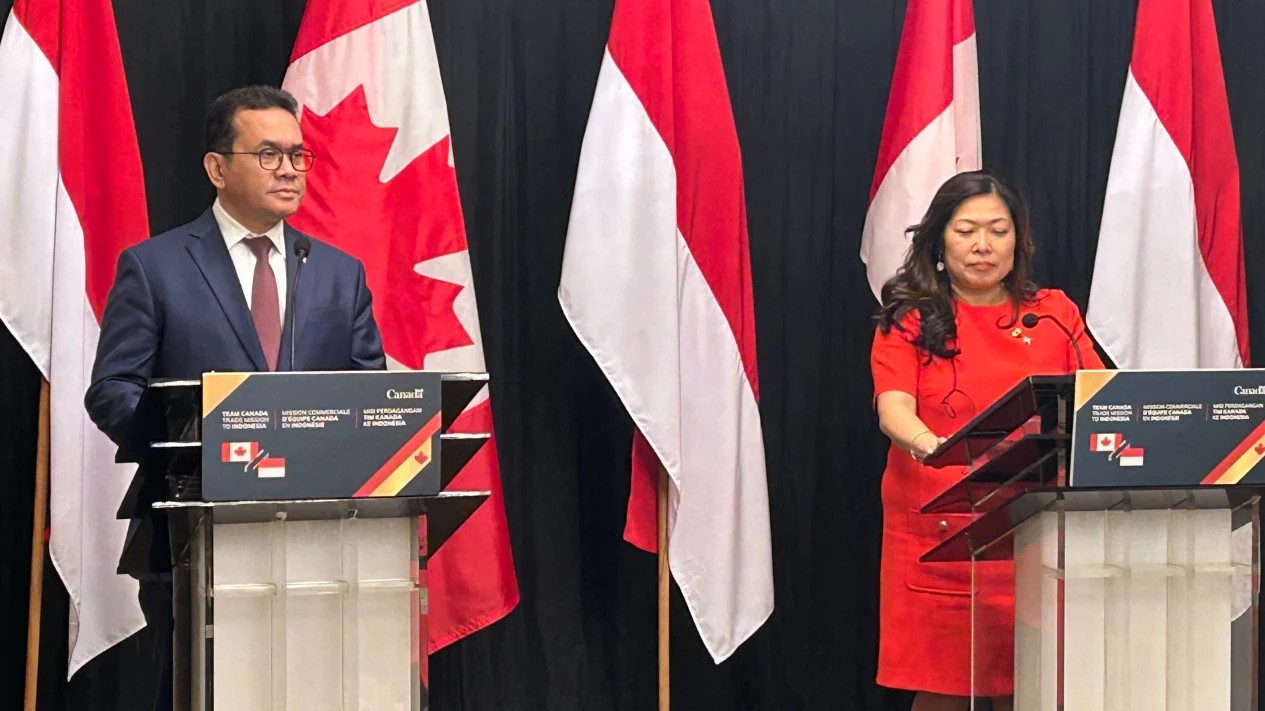In a landmark development for bilateral relations, Indonesia and Canada have signed the Indonesia-Canada Comprehensive Economic Partnership Agreement (CEPA), an ambitious pact designed to expand trade, investment, and economic collaboration between the two nations. The signing ceremony, held on December 2, 2024, in Jakarta, served as the highlight of Canada’s Trade Mission to Indonesia. It was officiated by Indonesia’s Minister of Trade, Budi Santoso, and Canada’s Minister of International Trade, Export Promotion, Small Business, and Economic Development, Mary Ng.
The CEPA signifies the culmination of more than two and a half years of intensive negotiations. Minister Budi Santoso emphasized that this agreement marks a new chapter for Indonesia in its efforts to integrate more deeply into the global economy. By providing enhanced access to the North American market, the CEPA is expected to propel Indonesian products onto a larger international stage, particularly in Canada. He lauded the dedication of both negotiating teams and highlighted the agreement’s potential to foster long-term economic benefits for both nations.
The scope of the CEPA extends beyond trade in goods, introducing provisions that offer Indonesian service providers preferential access in sectors such as telecommunications, construction, tourism, transport, and business services. For investments, the agreement lays the groundwork for seamless collaboration in key industries, including agriculture, fisheries, forestry, manufacturing, and energy infrastructure. This strategic alignment is anticipated to attract substantial Canadian investment into Indonesia while enabling Indonesian businesses to explore new opportunities in the Canadian market.
Another distinctive aspect of the CEPA is its emphasis on sustainability and inclusivity. The agreement incorporates modern trade provisions that address intellectual property rights, regulatory harmonization, and e-commerce. In addition, it promotes fair competition, gender equality, environmental stewardship, and labor rights. By including these elements, the CEPA aims to create a balanced framework that benefits businesses, workers, and communities in both nations.
Running concurrently with the CEPA signing was Canada’s Trade Mission to Indonesia, a significant event that brought together over 180 Canadian companies. The mission focused on fostering partnerships in agriculture, technology, infrastructure, and clean energy. This active engagement demonstrated Canada’s strategic commitment to strengthening its economic ties with Indonesia, a dynamic market in Southeast Asia.
Minister Mary Ng expressed her optimism about the CEPA’s transformative potential. She underscored the opportunities it presents for Canadian businesses to expand into Southeast Asia while encouraging Indonesian entrepreneurs to leverage the agreement to penetrate the North American market. Her statements reflected a shared vision of mutual growth and innovation.
Providing additional insights, Djatmiko Bris Witjaksono, Indonesia’s Director General of International Trade Negotiations, revealed the trade benefits secured through the CEPA. The agreement provides Indonesia with preferential access to 90.5% of Canada’s tariff lines, covering a trade value of USD 1.4 billion. This development is poised to boost exports of key Indonesian products, including textiles, processed foods, wood derivatives, palm oil, and edible bird nests, in the Canadian market.
This agreement underscores a deepening partnership between Indonesia and Canada, laying the groundwork for mutual prosperity. By addressing contemporary challenges and embracing inclusivity, the CEPA stands as a testament to the evolving economic cooperation between two vibrant and forward-looking nations.








